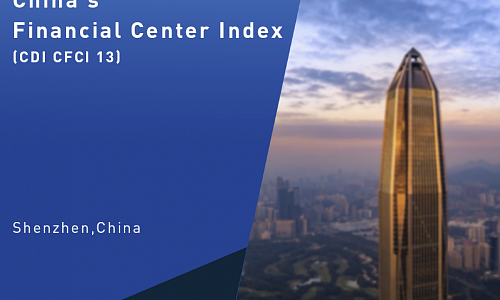What Happened
Speaking at Tsinghua University on Oct. 17, Fan Gang, an economist, influential Chinese government adviser and former member of the People's Bank of China's Monetary Policy Committee, argued that the government in Beijing must not launch retaliatory attacks against U.S. business operations in China. He said this strategy would only lead U.S. President Donald Trump to reinforce the pressure campaign against the country, and that Beijing needs to maintain its connections with U.S. businesses, since those relationships now offers "the only voice" that can speak for China.
In Fan's view, alienating U.S. business would cause China to "really lose the trade war." He also warned against dumping U.S. Treasurys, as that would hurt China more than it would the United States. Finally, he asserted that simply agreeing to purchase more U.S. goods is not going to ease economic frictions with the United States, and he said he wants Beijing to view the trade war with the United States as a long-term strategic competition in which the United States is trying to slow China's rise.
Why It Matters
Now that U.S.-China trade battles have entered more extreme tariff territory, with the potential for the United States to impose tariffs on all Chinese imports, Beijing has to weigh the degree of its response.
China is beyond the point of tariff reciprocity, but it has the option of increasing regulatory pressure and imposing investment restrictions on U.S. companies still eager to grow in the Chinese market. However, there are indications that Beijing considers it more prudent at this stage to moderate, rather than escalate, its retaliatory measures, particularly when it comes to strategic sectors where it still needs U.S. and foreign investment, like the technology, auto and energy sectors. There is a growing debate in China about how much reform should be made to state-owned enterprises, and those in favor of reform are considering the necessity of strengthening the competitiveness of China's private sector. To this end, China has moved forward in offering market access to key companies such as U.S. vehicle manufacturer Tesla, Swiss investment bank UBS and German-based chemical producer BASF, in part to fulfill earlier promises. (China may still choose to give non-U.S. companies an edge in future bidding rounds.)








